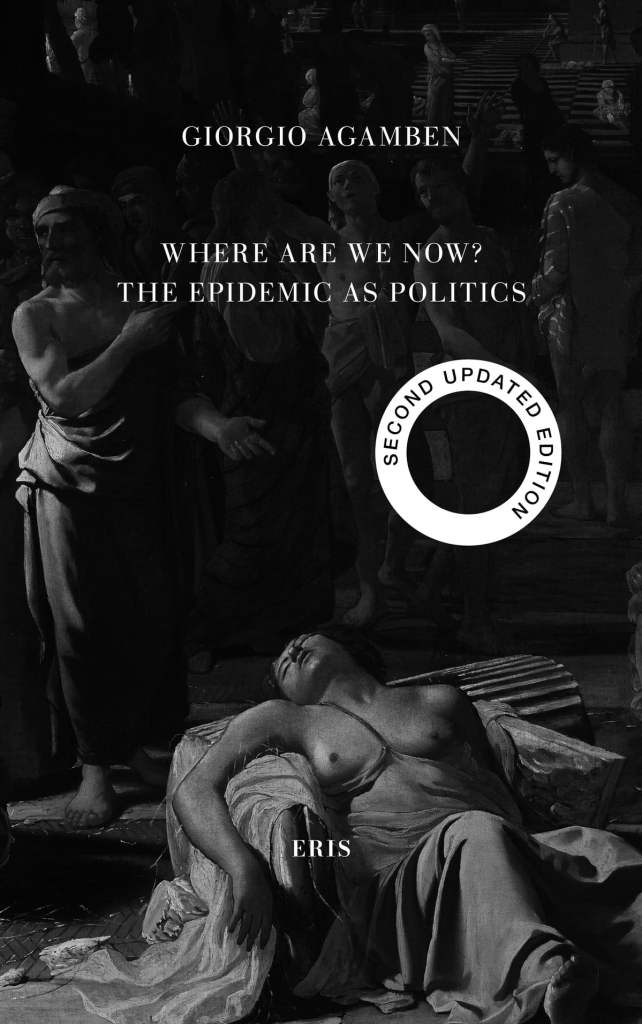WATCH: Professor Ellen Meiksins Wood: The Imperial Paradox: Ideologies of Empire [2008]
Published April 11, 2013
“This Globalisation Lecture entitled “The Imperial Paradox: Ideologies of Empire” was given by Professor Ellen Meiksins Wood, Professor Emerita of Political Science at York University (Toronto, Canada) on 29 October 2008 at SOAS, University of London.
Professor Ellen Meiksins Wood is the author of many major books on the history of political thought and the history of capitalism. Her most recent works include: Citizens to Lords: A Social History of Western Political Thought from Antiquity to the Middle Ages (2008); Empire of Capital (2005); and The Origin of Capitalism: A Longer View (2002)” [Source]
[“Ellen Meiksins Wood was born in New York City in 1942. Her parents were Latvian Jews and active Bundists, who had left their home in dramatic circumstances in the late 1930s. After her parents’ divorce and the end of the war, she went to Germany with her mother, who, on assignment from the Jewish Labor Committee in New York, was working with displaced persons. Her earliest experiences were thus coloured by both the leftist commitments of her family and the Left’s response to the tragedies wrought by fascism and the war.”][Source: A Political Marxist: Ellen Meiksins Wood, 1942-2016]








